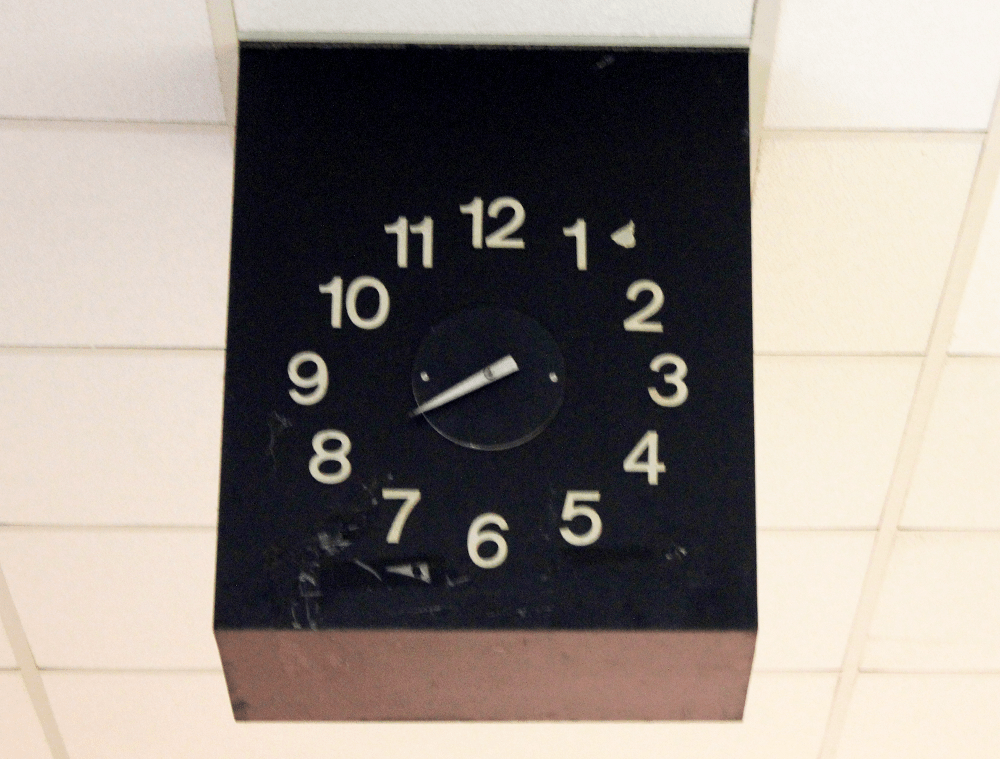Dennis Bayazitov | Assistant News Editor
Featured image: Trouble in paradise for CUPE 3903 and York this Valentine’s Day. | Basma Elbahnasawy
On February 8, the Canadian Union of Public Employees (CUPE)—York local 3903—announced the Minister of Labour has issued a No Board report.
“Last week, CUPE 3903 requested a No Board Report be issued, which means that 17 days from the day the No Board is issued, the Union will be in a legal strike position,” says Barbara Joy, chief spokesperson and director of York Media Relations. “The Union has reported on its practice of holding a membership vote on the last offer received from the university, for a decision of whether to go on strike.”
CUPE 3903 Bargaining Team Spokesperson Julian Arend says: “The 17-day period is designed as something of a ‘cooling-off’ period to give parties one last chance to step back from the edge, and reach a negotiated settlement.”
He clarifies, while the No Board report signals imminent labour disruption, bargaining is still in effect for the end of negotiating a substantive package, presented by York, that addresses both unit-specific and all-units priority areas.
CUPE 3903’s priority areas stipulate: equity provisions; an end to “union-busting work-shifting: moving Unit 2 work to Unit 1, Unit 1 work to Unit 3, and Unit 3 works to undergraduates”; core funding issues; codifying the Fellowship model for Unit 1; less precarious and more predictable employment for Unit 2; a minimum unit size for Unit 3; and restoring some of the 700 Unit 3 jobs cut unilaterally in the last two years.
Any offers attempting to prioritize one unit’s needs against another’s will be rejected.
Joy says following discussion on February 1, York completely revamped its funding proposal to address Unit 1 concerns “about smoothing funding over the entire year, so teaching assistants (TAs) receive pay during summer months; and removing an existing additional work requirement for Unit 1 members to receive minimum guaranteed funding.”
York has further tabled language that protects payments of Grant-in-Aid to student accounts from deduction without members’ written consent, she adds, and also tabled equity hiring provisions for the Unit 3 collective agreement.
“We have reached agreement with the Union on many of its equity proposals.
“While more dates are planned for negotiations, on February 12, York’s bargaining team received an updated summary of requests from CUPE 3903 through the Conciliator,” says Joy.
Arend clarifies CUPE 3903 was present at the table on Monday, seeking to discuss York’s proposals with responses they hoped would lead to an agreement.
“The employer, however, notified the Union last minute they were no longer available and would not show up for Monday’s scheduled bargaining session,” he adds. “That was an unfortunate choice on their part.”
The next checkpoint in the bargaining process—the ratification vote—where CUPE 3903’s general membership votes whether or not to accept the final offer, will decide if a strike takes place.
Arend foresees three possible outcomes.
One: a tentative agreement is reached. CUPE 3903 and the table executives bring the proposal to the general membership with an endorsement, and a recommendation to accept the offer. If accepted by 50 per cent plus one, it ends negotiations and prompts the new contract into force.
This is the scenario that took effect at U of T’s local 3902 on February 9, where TAs reached a tentative settlement prior to their February 26 deadline.
Two: York tables a final offer that does not merit recommendation from the table executives and bargaining team—not concessionary, but still acceptable. CUPE 3903 membership is presented the offer without an endorsement or recommendation to reject, allowing general membership to decide.
This is the least likely outcome, as it grants York the least control; if the offer is rejected, the bargaining table executives initiate a legal strike.
Three: York tables a final offer that does not merit recommendation, which does or does not contain concessions. York uses their legal right to bypass the Union representatives and demands the Minister of Labour require a forced-ratification vote by the general membership. If rejected, a strike will commence.
“This tactic rarely works to achieve a settlement, as it generates a significant amount of acrimony,” adds Arend, noting he remembers York attempting it twice in the past—both times resulting in resounding union rejection resulting in a strike.
Arend says York will generally take this approach to intentionally induce a strike, so it may settle the dispute politically: by lobbying the legislature and employing a media campaign.
“Such an approach is textbook bad-faith bargaining, but given this is an election year and the majority party is in political jeopardy, I don’t think it is an unlikely scenario,” adds Arend. “It is also not unprecedented,” he notes, pointing to the 2008 to 2009 strike.
“That said, I have seen tentative agreements reached at 4:00 a.m. the same morning the first picket lines were set to go up at 7:00 a.m., so anything is possible, and I remain hopeful the employer will come back to the table, with the intention of bargaining to reach a fair settlement.”
The final offer deadline is set for March 2.




